

Website Search
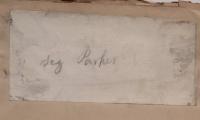
The Cyrus Parker Jones Funeral Notice collection contains 667 funeral cards of Lexington residents during the years of 1806-1886.

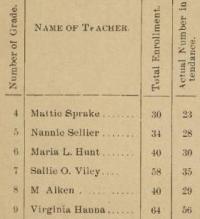
The city reports and ordinances for Lexington contain a wide variety of information about the people, infrastructure, and businesses.
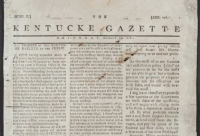
The Kentucky Gazette was the first paper established west of the Allegheny Mountains, founded by John and Fielding Bradford. The frontier paper focused on East Coast and International news, though some local announcements can be found.
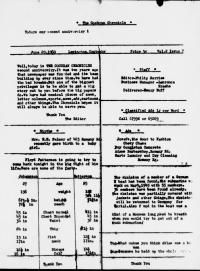
The Cochran Chronicle appears to be a neighborhood leaflet created by two school children, Philip Borries and Laurence Kraehe, living on Cochran Road in the Chevy Chase area of Lexington, KY in 1960.
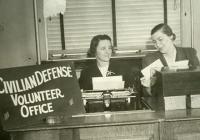

The True American was an anti-slavery newspaper started by Cassius Marcellus Clay in June 1845.
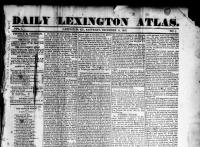
The Daily Lexington Atlas ran from December 11, 1847 through November 20, 1848 and was Lexington’s first daily paper, and the first to publish information from the telegraph lines.
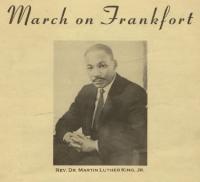
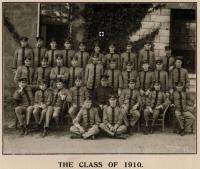

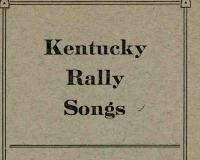
The Kentucky Rally Songs pamphlet contains 42 songs compiled and printed by the state chapter of the Woman’s Christian Temperance Union, to be used at the many gatherings and rallies that they organized in the late 19th and ea
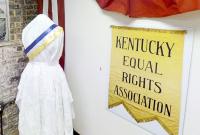
The Lexington History Museum began in 1999, and opened its doors in the Old Courthouse in 2003. Its purpose is to educate Fayette County about its rich history, and preserve pieces of that history for future generations.

Lena Hart Tobey (1869-1939) was born in Mississippi to Thomas and Susan Watson Hart. In the 1890s, she attended school in Lexington, Kentucky. She married Ellis Tobey in 1896 and died in 1939 in Arkansas.
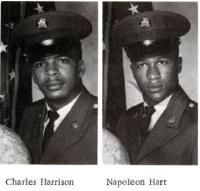
The United States Army Armor School began in 1940 as the Armored Force School and Replacement Center at Fort Knox, Kentucky.
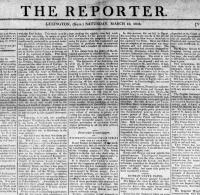
The Reporter was published from March 1808-September 1817, by William W. Worsley. It was a Republican paper (Jeffersonian Democratic Republican - liberal at the time).
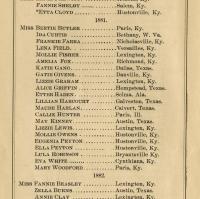
The library has a variety of directories and yearbooks with local information. In the library's current digital collection, there is a selection of residential and street directories, yearbooks, school directories, and organizational directories. These are all fully word-searchable.

The Kentucky Reporter was published from October 1817-April 1832, by William W. Worsley and Thomas Smith. It is the direct continuation of the The Reporter.
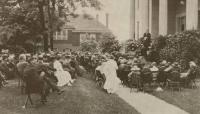
The Hamilton Female College catalogs list the school’s Board of Trustees, faculty, alumnae, graduates that year, directory of students, courses of study, and the members of each department.
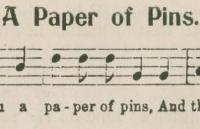
Mountain Ballads for Social Singing contains 15 songs selected for the Vesper Hour gatherings at Berea College.
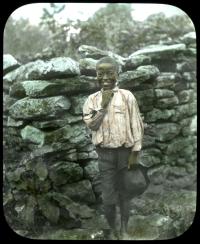
Elmer L. Foote served as official photographer of the Cincinnati Public Library for many years, and produced photographs that appeared in the Cincinnati Commercial Tribune during the early years of the twentieth century.
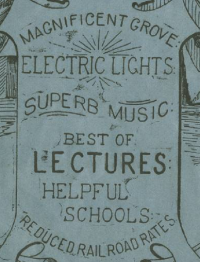
The Kentucky Chautauqua Assembly presented an annual event in Lexington’s Woodland Park with days of programming. Presentations varied from live music and entertainment to lectures and speeches from national figures.
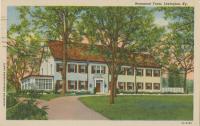
The Kentucky Postcard collection contains images of well-known sites in Central Kentucky, such as Keeneland, Transylvania University, Ashland, and many others.
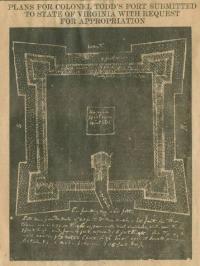
In 1917, the Woman’s Club of Central Kentucky hosted a series of speakers giving historical sketches on people and places of local interest.
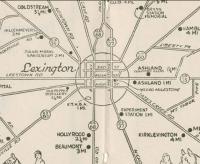
The Kentucky Room's collections contain Lexington's residential directories going back over 200 years, and are some of the most useful resources for researchers looking for family information, neighborhood histories, and house histories.










